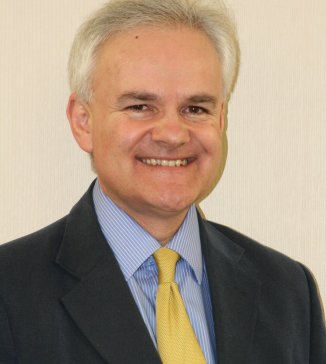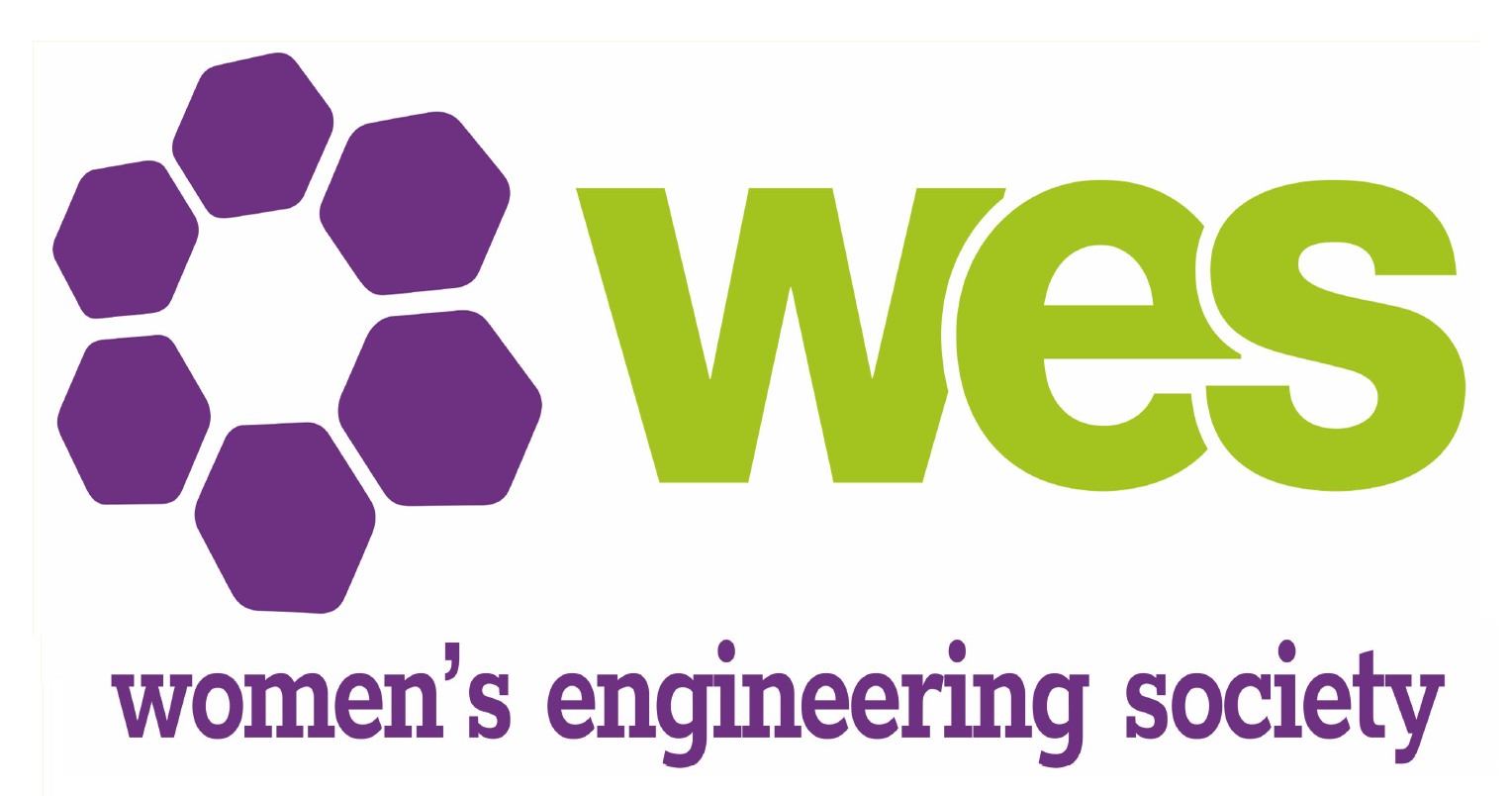
Climate Emergency Group – News
/
CEG News – December 2023

COP28 and Women in Engineering
So the sand has settled and COP28UAE is over but was it a “Good COP” or “Bad COP”?
Following our last meeting we decided in our WES Climate Emergency Group (CEG) to write a blog so here goes!
Promising progress was made on climate justice, energy transition, agricultural resilience, food security, and a wide range of other sectors closely associated with the 1.5°C target set in the Paris Agreement.
One of my industry contacts, Giulia Chierchia, EVP Strategy, Sustainability and Ventures BP posted these major achievements on LinkedIn which I would draw out as positives from the event:
– The Global Decarbonization Accelerator: a package of measures to speed up the energy transition and reduce global emissions. More than 115 countries will work together to triple renewables energy capacity by 2030.
– The Oil and Gas Decarbonization Charter: bringing together more than 50 National Oil Companies (NOCs) and international energy producers to aim to reduce operational emissions and get to near zero methane emissions by 2030. As the signatories represent more than 40% of global oil and gas production, this could be significant and a strong foundation to build on.
– Global Flaring and Methane Reduction (GFMR) Partnership: a new multi-donor trust fund launched by the World Bank focused on helping developing countries cut carbon dioxide and methane emissions generated by the oil and gas industry. Also worth noting that ca $800m was pledged by countries to the “Loss and Damage Fund” launched at COP27.
I believe having such an influential figure as Dr Sultan Al Jaber, Head of ADNOC and Emirati politician, as Chair was important despite the misgivings of many. The fact is that NOCs make up around 60% of global oil and gas production and hold 90% of reserves. If you don’t get them onboard together with the major global energy companies then 1.5degC is a pipedream.
There was considerable discussion around the “phase out” or “phase down” of oil, gas, and coal with significant and strong views from all sides. In the end a compromise was achieved but this area will remain contentious as many countries are/were relying on these commodities for current and future economic growth and societal improvements. I think the loss and damage funds and other monies will need to be significantly increased to fully compensate them.
Diversity and Inclusion was also important at COP28. The panels and discussions brought together diverse groups from governments, NGOs, indigenous communities, youth representation, business, and industry. While some may have felt that their voices were not
heard as much as others, I think the fact that they were all at the table was significant. We won’t achieve our net zero goals without everyone from all sectors and organisations contributing and working together for the common good of humanity.
It’s been highlighted regularly that women are impacted disproportionately by the effects of climate change because of their roles in many societies. Published data by UN Women has shown that by 2050, climate change may push up to 158 million more women and girls into poverty and see 236 million more face food insecurity. However, women also play an important role in climate solutions, as was highlighted on ‘Gender Equality Day’ at COP28 where women showcased how they are driving change. A number of influential women commented (COP28: Women and climate advocates driving forward change together | UN News):
“Women stand at the forefront of the climate battle. Whether as the scientists, legislators, indigenous leaders, youth activists, they are fighting to keep the 1.5 degrees Celsius target alive,” UN Deputy Secretary-General Amina Mohammed said in her video remarks.
Echoing that sentiment, Jemimah Njuki, Chief, Economic Empowerment at UN Women said: “In spite of them not having the resources, we are also seeing a lot of actions led by women and girls and if we can give them the resources – including the financial resources – to do more, I think our world is going to be better for it.”
What about the role of Women in Engineering and particularly those in the energy sector? Well at least based on my experience coaching several thousand at school, university, in early careers and in more senior roles I can vouch for the fact that the energy transition is bringing greater equity, diversity and inclusion into the industry. I would estimate that around 50% of those I see are women and many from engineering backgrounds. I’m convinced that this trend will continue and that the numbers we see today of women in engineering (16.5%) and women in energy (22%) will grow. I think that is inextricably linked to the importance of the energy transition and achieving our net zero and sustainability goals in the global community.
In closing I think COP28 made some real progress and was overall a “good COP”, however I don’t think an annual health check is sufficient to gauge where we are and very much like the value of an annual appraisal, we need to be monitoring outcomes and progress much more regularly. While we move to COP29 in Baku let’s remember that the impacts of climate change don’t wait a year for more discussion and updates, and let’s keep the feet firmly on the solutions accelerator!
In that respect we in the WES CEG need to firmly continue highlighting the impact of climate change on women in engineering and the wider, global community, and promoting solutions to the issues we face.
Vince Pizzoni 22/12/23
